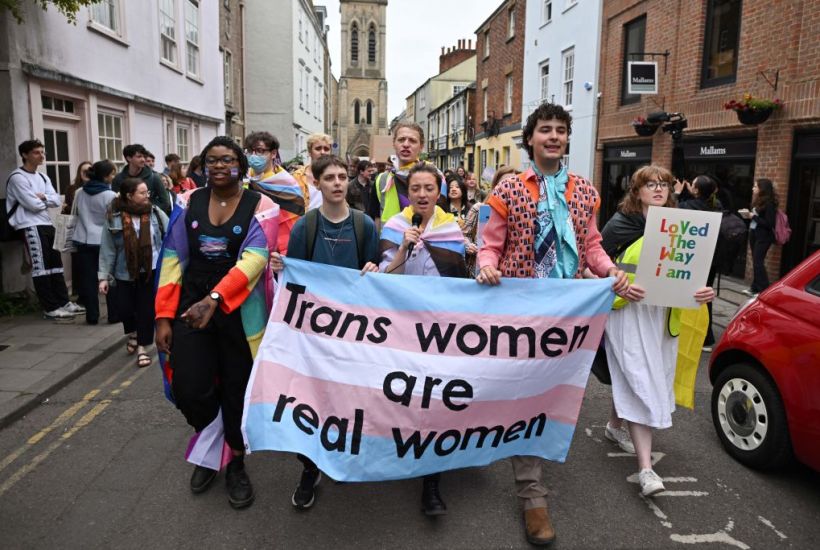Should ‘misgendering’ someone be a disciplinary offence? One Oxford college seems to think so. Yesterday, Regent’s Park College posted a ‘Trans Inclusion Statement’, burnishing its existing bullying and harassment policy. On a long list of ‘inappropriate behaviour’ that might warrant punishment is ‘consistently using incorrect titles, pronouns or names to refer to a trans person’ – also known as ‘misgendering’ or ‘deadnaming’ someone.
Already a subscriber? Log in
Subscribe for just $2 a week
Try a month of The Spectator Australia absolutely free and without commitment. Not only that but – if you choose to continue – you’ll pay just $2 a week for your first year.
- Unlimited access to spectator.com.au and app
- The weekly edition on the Spectator Australia app
- Spectator podcasts and newsletters
- Full access to spectator.co.uk
Or




















Comments
Don't miss out
Join the conversation with other Spectator Australia readers. Subscribe to leave a comment.
SUBSCRIBEAlready a subscriber? Log in